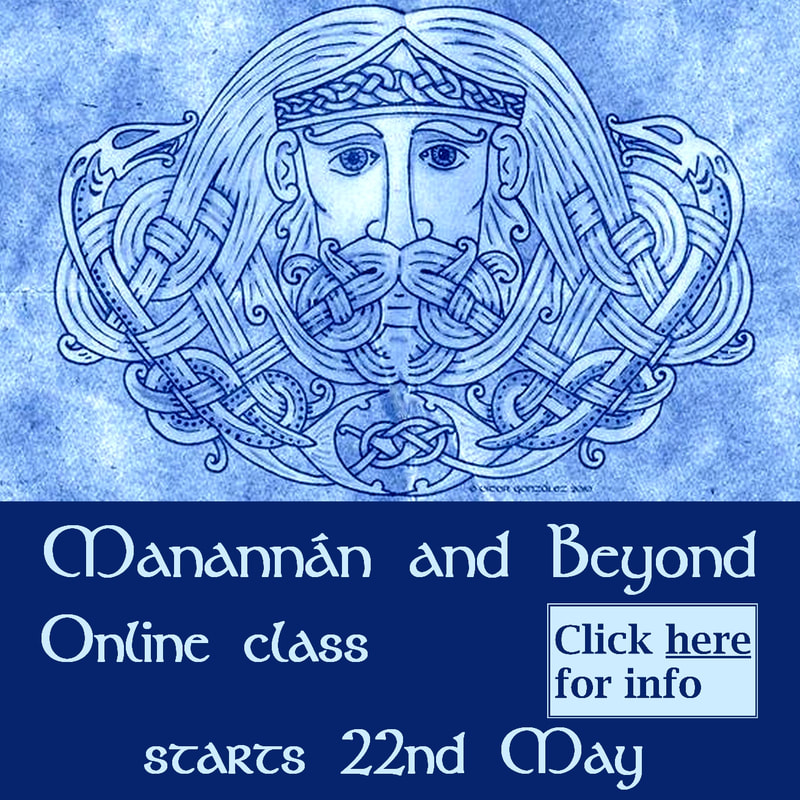A look at Judith O'Grady's book God-Speaking
I love this little book. As soon as I began reading it I was touched by its honesty and originality, and entertained by the author's voice. She manages to honour the seriousness of her subject matter while keeping the tone light and the language clever and often hilarious. Judith O'Grady is God-Bothered. "God-Bothered" is her name for those who hear the voices of deities. Individuals who were once called mystics, prophets or shamans -- or sometimes heretics and lunatics. Individuals who in our time are likely to be called schizophrenic, delusional or liars.
Ms O'Grady is a coherent and perceptive thinker, and some of her insights into the modern world, modern religion, and modern Paganism, may make uncomfortable reading as they hit home. However, this book contains no attacks, merely observations, and is written in a spirit of love and helpfulness, albeit a "cut through the B.S." one. O'Grady wastes no sentimentality on modern thinking that is often more fuzzy than fluffy, and which tends to project very modern values and mindsets onto our ancestors, to whom concepts like equality or democracy would have seemed outlandish.
Although the author offers us some scant anecdotal information about her mystical experiences and their messages, she seems unsure as to whether to give us the full gospel until the last couple of paragraphs of God-Speaking. If she really has a message for us perhaps it is to lose our sense of shame about hearing the gods. She spends some time on the Gaia theory (she agrees with it) and some time looking at the anthropocentric stance of most modern people -- Pagans included. I think she is right about this, but I am not convinced that her world view really moves us away from it. (Perhaps I will cover that in another blog post.) However, the final message is both profound and positive. I won't ruin it for you through paraphrasing. I hope you'll read it for yourself.
God-Speaking raises interesting practical questions, such as: "What place do visionaries have in our culture?" and "How do we support the mystics among us?". These are questions I think spiritual communities everywhere, and the Pagan community in particular, need to address. Modern people seem especially fearful of this whole area of spirituality. It's considered worrying or suspicious for modern people to admit to a personal experience of communication from a deity. It's in poor taste to talk about it, and a kind of modern heresy to suggest that one's wider community should consider taking any practical action based on reports of such an experience. In the Pagan community, the phrase unverified personal gnossis is often used scornfully and dismissively. The fear and suspicion of cults, gurus and charlatans is understandable, but perhaps god-seeking communities need to develop more openness and better techniques of discernment when it comes to personal gnossis, or risk missing out on input from the most important source of all.
God-Speaking is published by Moon Books, and available from Amazon, etc.
If you enjoyed this post, you might like my series Visions in Meditation.


 RSS Feed
RSS Feed




